Science News’ favorite books of 2016
Science News writers and editors compiled a list of the books they were most excited about this year.
Every print subscription comes with full digital access

The detection of gravitational waves takes the top spot in our top 10 stories of 2016. Also on the list: Zika’s devastation, a nearby exoplanet discovery and more.
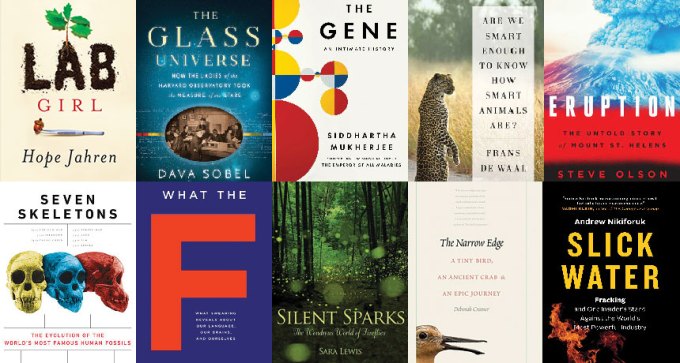
Science News writers and editors compiled a list of the books they were most excited about this year.
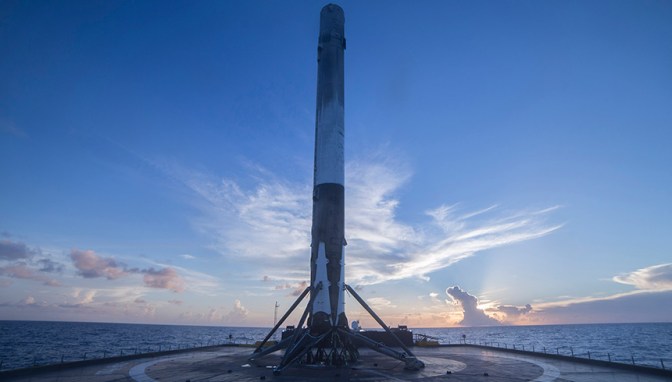
Successful landings by SpaceX and Blue Origin raise the prospect of cheaper and more efficient spaceflight.
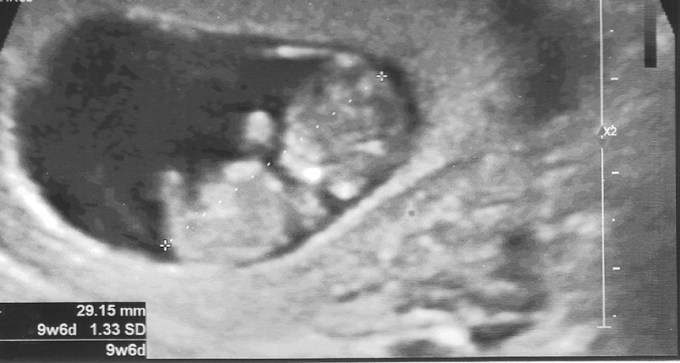
Pap smear during pregnancy could offer an early way to test for fetal genetic disorders.

Scientists and journalists share a core belief in questioning, observing and verifying to reach the truth. Science News reports on crucial research and discovery across science disciplines. We need your financial support to make it happen – every contribution makes a difference.

The first direct detection of gravitational waves will open a new window on black holes and introduce a new era in astronomy.

The increase in microcephaly in Brazil has spread fear of Zika infection across the Americas.
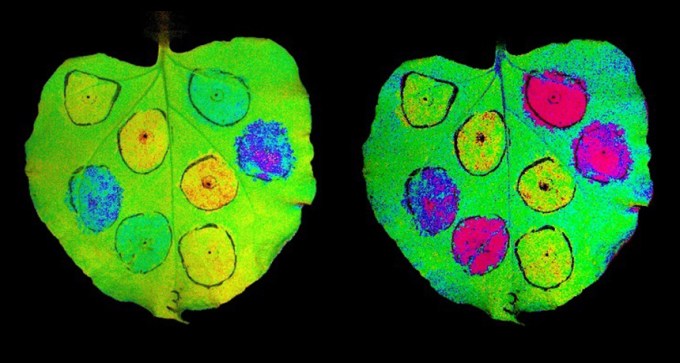
Shortening plants’ recovery time after blasts of excessive light can boost crop growth.

Contested study indicates ancient Israelites developed first alphabet from Egyptian hieroglyphics.
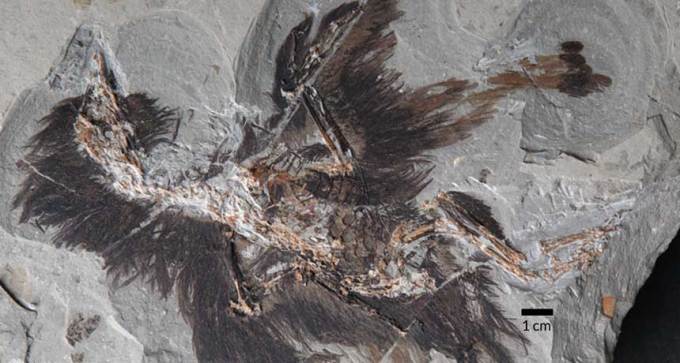
New molecular clues in 130-million-year-old bird fossil could help paleontologists firm up case for ancient color in dinosaurs.

Middle-ear ailments probably had little impact on early Christian monks’ lives.
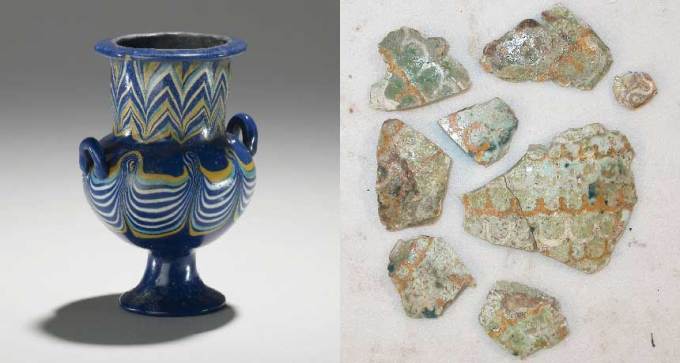
Ancient Mesopotamians lagged behind Egyptians as glassmakers.
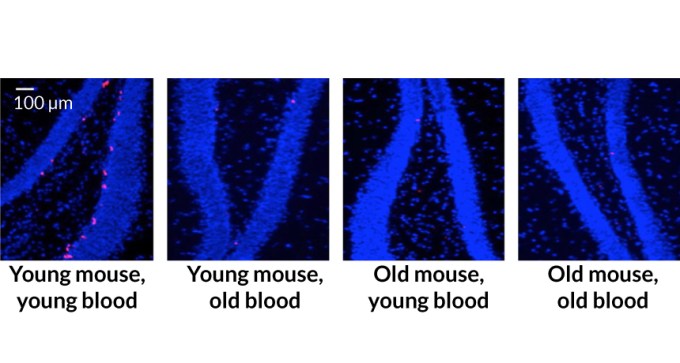
Young blood may not save the brain, by one measure at least.
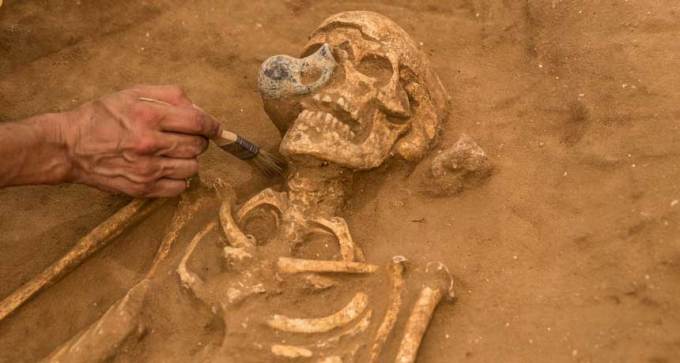
Burial site offers new look at Israelites’ mysterious enemies.
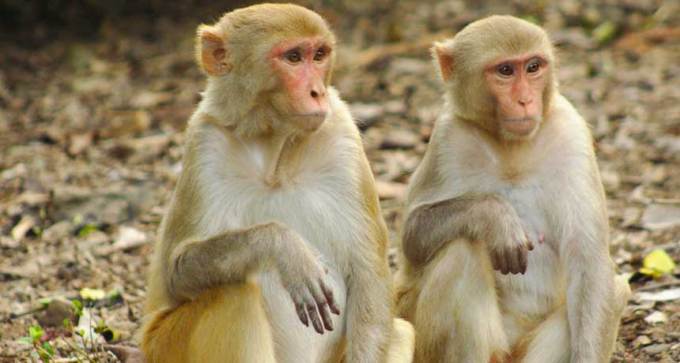
Low social status tips immune system toward inflammation seen in chronic diseases, a monkey study shows.
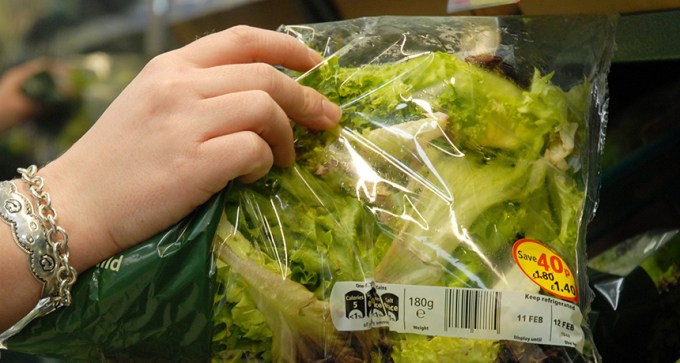
Juice from torn-up leafy greens helps Salmonella spread in bagged salads.
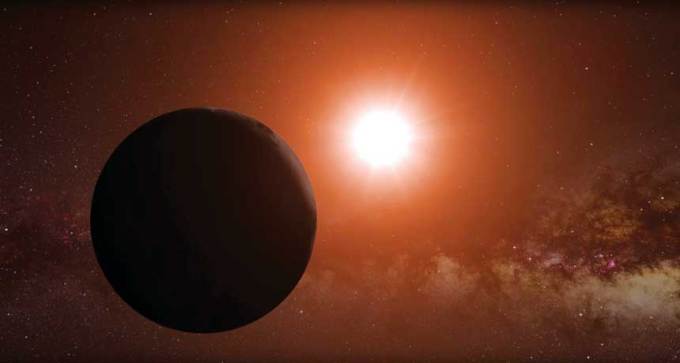
If people ever travel beyond the solar system, the newly discovered exoplanet around Proxima Centauri is likely to be a first stop.
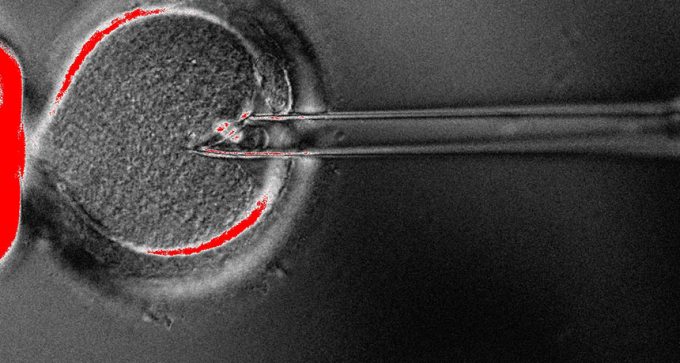
Safety and ethical concerns surround controversial mitochondrial replacement therapy.
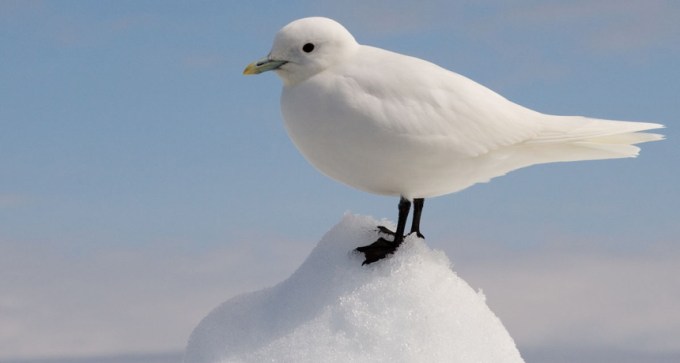
Researchers are studying the complex biological consequences of polar melting and opening Arctic passageways.

DNA studies put new twists on timing of ancient human migrations – but genetics alone are not enough to tell the full story.
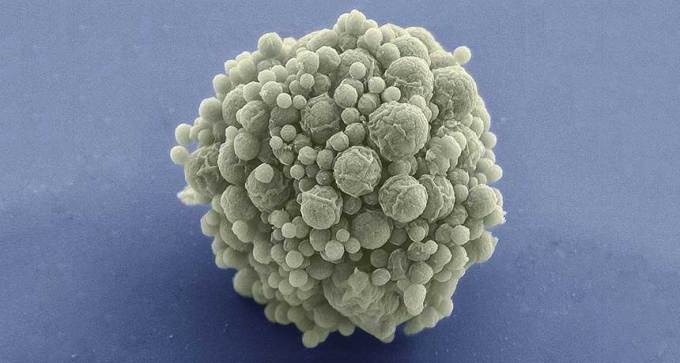
A synthetic cell reported this year jettisons unnecessary genes and embraces human design principles.

Researchers will now test whether a treatment that swept away amyloid brain plaques also improves cognitive performance.
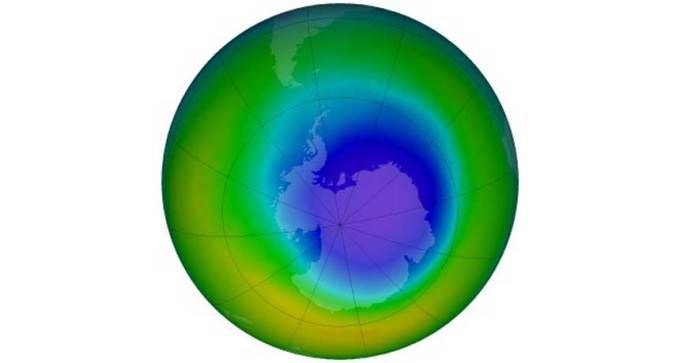
Research this year confirms that the Antarctic ozone hole is healing — an international success attributed to cooperation and new technologies.

AlphaGo’s triumph over its human opponent provides a glimpse into the future of artificial intelligence.

Sputnik Planitia, the left half of Pluto’s heart-shaped region, might have been carved out by the weight of thick layers of ice built up billions of years ago.
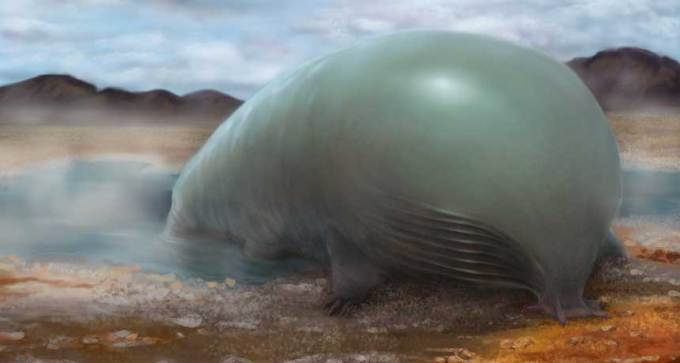
A few tweaks to an enzyme help it link carbon to silicon — a match not found in nature.

Gaps in understanding food allergies cause confusion and make it difficult to prevent, diagnose and treat them.

Bismuth conducts electricity with no resistance at temperatures near absolute zero, despite lack of mobile electrons.
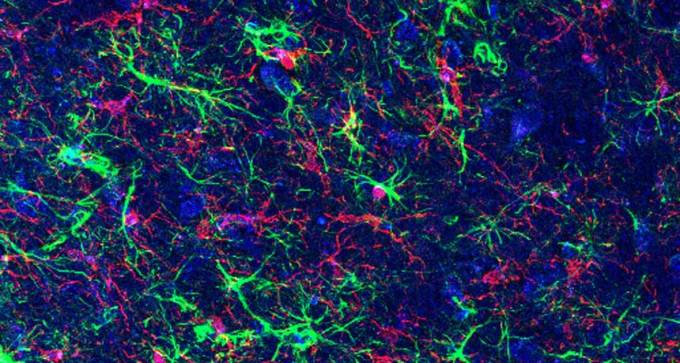
Parkinson’s disease symptoms might be driven by gut microbes
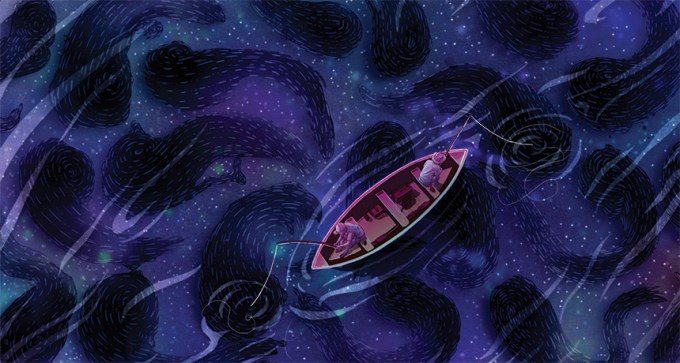
Physicists are facing two failures this year with no detections of dark matter particles and no signs of supersymmetry from the Large Hadron Collider.
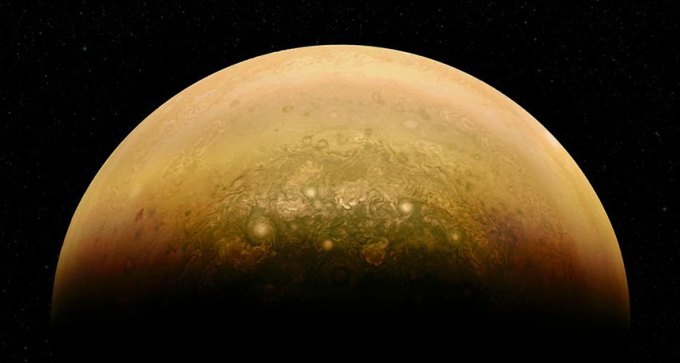
Science News writers reveal what they are watching for — and hoping for — in the year ahead.
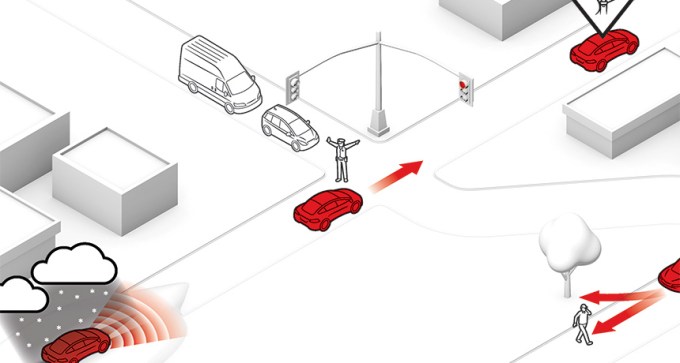
Scientific and technical experts weigh in on the biggest hurdles for autonomous vehicles, and how ongoing research will help.

Drug use continued to threaten the health and safety of the American public in 2016, while a hidden menace in drinking water remained a worry in Michigan.
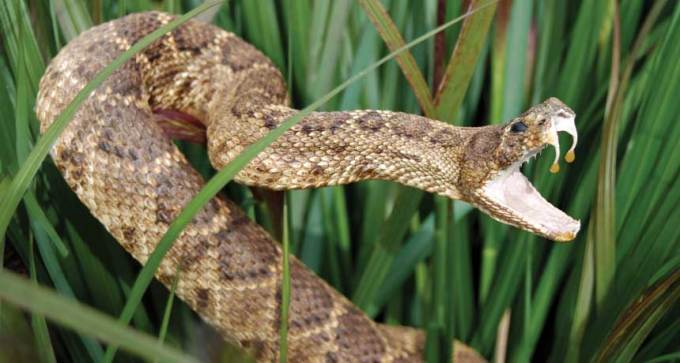
Scientists filled in the details of some famous evolutionary tales in 2016 — and discovered a few surprises about creatures large and small.
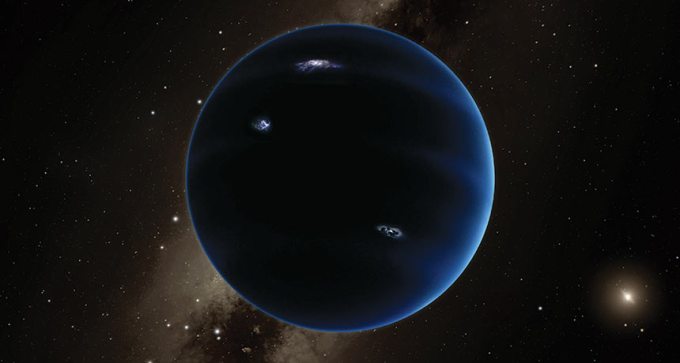
These findings would have rocked the scientific world, if only the evidence were more convincing.
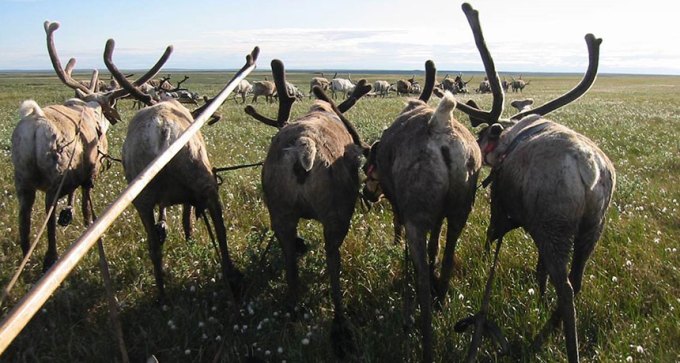
Unseasonably scant sea ice may feed rain storms inland that lead to ice catastrophes that kill Yamal reindeer and threaten herders’ way of life.
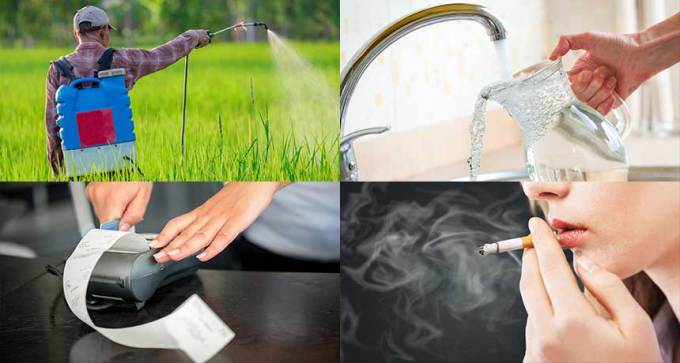
Exposure to things in the environment may change chemical tags on DNA and proteins, but it’s still unclear how to use that data to assess health risks.
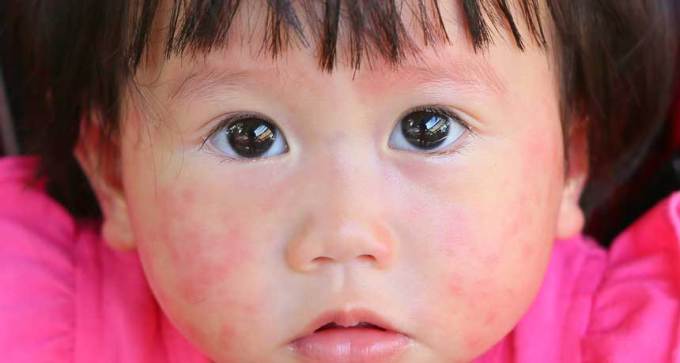
Most people are either mislabeled with a penicillin allergy or get over it with time, and doctors don’t always think to check.

50 years later, scientists are still searching for genes that influence drinking.
Subscribers, enter your e-mail address to access the digital replica edition.